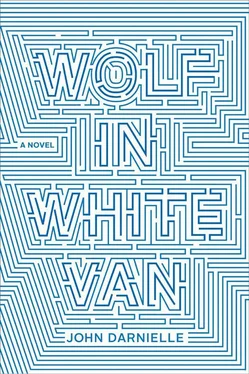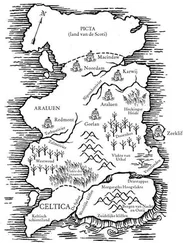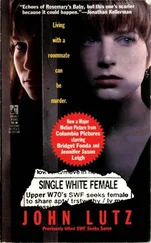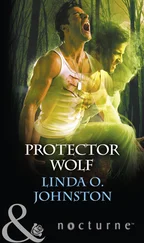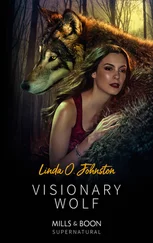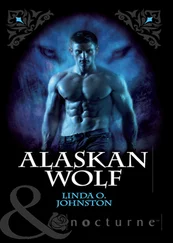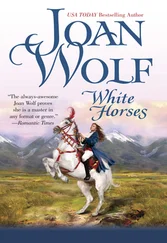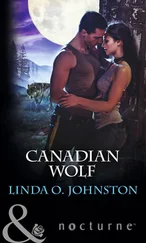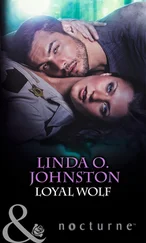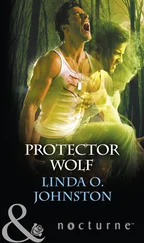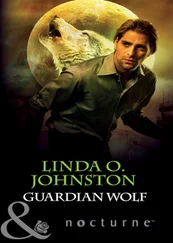The gun shop where my father’d bought it was on Mission Avenue, down between the drive-in and a used-tires place. It was a stand-alone cinder block building on a weedy asphalt lot. The shop’s owner, Ray, was the man who’d sold it to him; Ray had served in the First World War with my grandfather. My father hadn’t yet been old enough to walk on the day his own father had introduced him to his old army buddy Ray. Ray owned the building and lived in a small room off the office. At some point before I was born his wife died; he hadn’t remarried, and when my parents talked about him — when Dad would say, at dinner, that he was thinking about going to see Ray this week — I got the feeling that some unnamed duty was being invoked. And so I knew, when Dad told me we were going to Ray’s one morning, that my father had undertaken some kind of internal strategic shift in his approach to dealing with what was left of his only son. His rage was still fresh, but he must have begun to sense the slow beginnings of its ebb.
I remember feeling perilously light in my body. As though a sudden wind might lift me and carry me across the parking lot. I think now I’d be able to identify that feeling as fear, but at the time it was strictly physical: the heaviness of my head, which was with me most days, seemed ignorable. Though I couldn’t yet walk without help, I felt as we cruised down Monte Vista like I might have been able to go a block or two. It made me think about the future, whose actuality was very slowly coming into view for me. The days ahead, the months and years. I was seventeen, so my sense of time was still necessarily limited, but the hospital ceiling had taught me a thing or two about it. I could see it from the window of the car: even when my view hit the vanishing point, I knew there was more beyond it.
It was warm out; when we got there Ray was set up in a folding chair in the parking lot, his back against the side of the building by the door, face tan and wrinkled, reading the PennySaver. He looked up as we got out of the car; saw my dad, saw me, looked back at my dad. “Well, William,” he said, with an audible period at the end of the salutation. Then he looked at me.
“Well, Sean,” he said.
“Hi, Ray,” I said.
“I heard about all this,” he said. He didn’t point at my face; there was no need. He just looked up at me from his chair in the shade, patient like old people are patient. He wasn’t nervous; I had developed a sense for nervousness like an animal’s. It was a relief to have somebody who could look at me and not be nervous.
“Pretty dumb,” I said. I wasn’t sure if I really meant that, but it was a thing I was trying out; it seemed to make people feel more comfortable. He looked at me like a jeweler appraising a stone.
“Can’t argue with you there, Sean,” he said after a while. “I’m glad you didn’t manage to …” He cut off where most people cut off, and took the breath they tend to take. “I wish you hadn’t,” he said.
“Sorry,” I said.
My father hadn’t said anything yet, but then he said, “Ray,” and Ray got up from his chair: it was a greeting without formalities. They shook hands; Ray took a deep breath as their eyes met. Then he clapped my dad’s right shoulder with his left hand twice, and we all walked out of the morning sun and into the small tan stucco one-room shop with the signs in the window that keep the light out.
In the Conan books I loved back then, history went Technicolor. Men’s lives ended violently and with great consequence, again and again, in glory or squalor according to their fate, and no matter how many times the exact same scene played out, it was always a huge deal; any offense was grievous, all revenge total. Conan prowled Cimmeria, in constant uproar; all Cimmerian truces were false, any tranquil scene certain to open onto vistas of blood washing over the near memories of their antecedents. Cimmeria convulsed without rest. Even in still moments, intrigue waited like gathering fog at dusk.
Inside Ray’s the evening light had suspended itself once before sunset a long time ago, and it was never going to change again. Dust collected and massed on the counter displays: old black combs glued on yellowed cardboard mounts, thick glass jars full of dead spent bullets, a fraying L-mounted card half-stuffed with quarters for the City of Hope. There was no future there; its past was a ghostless harbor. Nothing inside would ever leave the building.
I think Ray got that my father had come on some errand he couldn’t really talk about, something he would have been embarrassed or ashamed to bring up. My father’s errand was also partially or completely hidden from his own understanding, I think: he was improvising. Once we were inside they mainly talked grown-men talk, nothing talk: mutual friends; weather; the L.A. Rams. “Gone out to see — see the Rams yet?” my dad said, and Ray said, “No, not yet.”
Eventually, like a wall-mounted camera sweeping the room, Ray turned his attention my way. I was loitering near a fishbowl filled with rifle casings, wanting to plunge my hand in up to my wrist, when he started in on a thing about how a gun’s not a toy. My father, his friend — guys like Ray — they seemed to have so much trouble understanding even the most obvious things.
“A big part of being old enough to handle a weapon is respecting its power,” he said.
“I know, sir,” I said. I called my father’s friends sir reflexively. It was hard to remember they were real people sometimes.
“Well, I guess you do, now,” said Ray, reaching for some point. But he didn’t have a real sense of what he hoped to say; he was lost. As I became surer of this it felt like warm light gently flowing through me. It was hard not to smile.
“Yes, sir,” I said.
Ray carried on for a minute about the power of guns, and the costs of not revering that power; after a while I stopped listening. I let the barren-void melody of his voice lilt its way through the inattentive chambers of my brain. The emotion rising in his voice, his ongoing efforts to control it: I had a brief fantasy of ratting my parents out, of explaining how they’d heard from a lawyer that Ray was the guy to go after if they were going to sue anybody and we were here to see how that idea felt with him right in front of us. But it would have hurt his feelings, and I couldn’t stand it. I wanted to stop him, to explain to him that I had already known about guns when I walked down the hall from my bedroom to the living room while everybody was asleep; that I probably knew more about guns and bullets now than him or anybody he knew. But he would have taken it the wrong way, and I felt like he was probably enjoying himself. So I stood in a state of partial focus, waiting. Looking for an opening, and then not looking, because I wanted to let my dad and his friend do what they felt like they had to do here. I did hope that at some point I’d be able to explain my recent theory that it isn’t really possible to kill yourself, that everybody goes on forever in multiple dimensions, which was less a theory than an attempt to do exactly what Ray’d been doing since he started talking: to draw some lesson from a place where no lessons were.
There was a poster on the wall behind the cash register; it was a poster I’d also seen in auto repair shops and maybe some other places, I couldn’t remember exactly. It showed a bunch of little cartoon guys doubled over with laughter, their eyes shut from laughing so hard, their chubby little hands clutching their bellies. The caption underneath said: YOU WANT IT WHEN …? I get the joke now, but then it was completely meaningless to me. It could have been in some foreign alphabet, except it wasn’t: I understood all the words, but together, in that sequence, with that picture, to my mind, they were chaos. And so, in a different way, were Ray’s musings, his helpful admonishments and his stern encouragements. They tried to reach across a divide whose distance he couldn’t accurately gauge. But while the person I’d been just a few months before might have understood this and sneered, the person who’d emerged from his bandages saw the impasse and felt something soften inside. I wanted to put my hand on Ray’s shoulder and tell him that when I said I was sorry earlier, I really meant it. But instead I nodded my heavy nod as he went on, and shook his hand before we left, and drew a few connections between things in my head as the car headed east again on Mission.
Читать дальше
